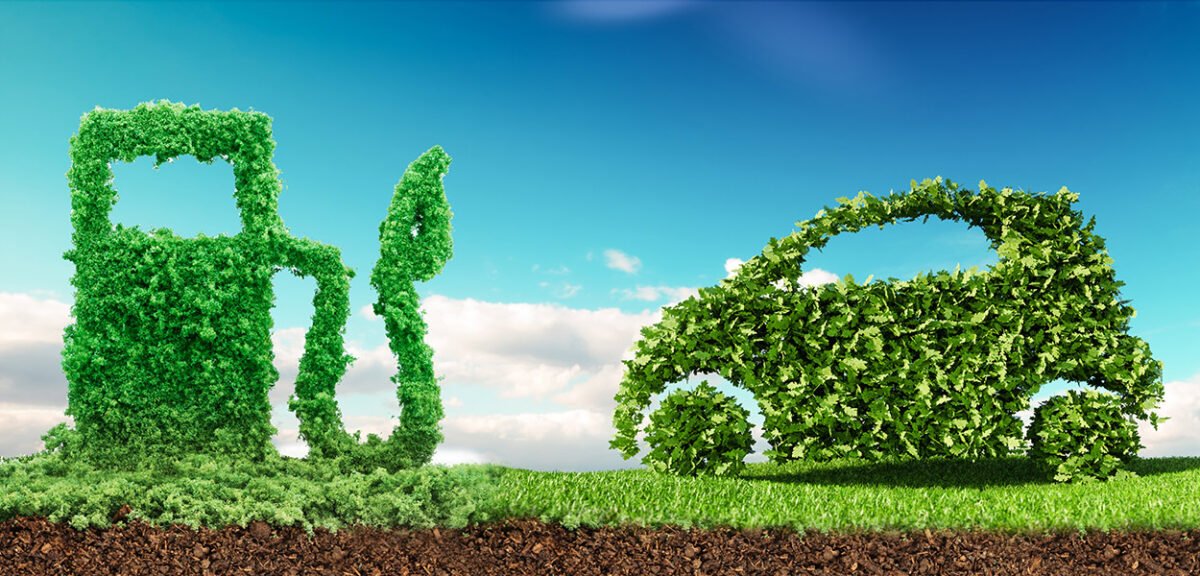Additionally, Rs 6000 crore can be saved annually by blending 20 per cent DME
Methanol is a low-carbon, hydrogen carrier fuel produced from high ash coal, agricultural residue, CO2 from thermal power plants and natural gas. It is the best pathway for meeting India’s commitment to COP 21.
NITI Aayog’s ‘Methanol Economy’ programme is aimed at reducing India’s oil import bill, greenhouse gas (GHG) emissions, and converting coal reserves and municipal solid waste into methanol.
Although slightly lower in energy content than petrol and diesel, methanol can replace both these fuels in the transport sector (road, rail and marine), energy sector (comprising DG sets, boilers, process heating modules, tractors and commercial vehicles) and retail cooking (replacing LPG [partially], kerosene and wood charcoal). The blending of 15 per cent methanol in gasoline can result in at least a 15 per cent reduction in the import of gasoline/crude oil. In addition, this would bring down GHG emissions by 20 per cent in terms of particulate matter, NOx, and SOx, thereby improving the urban air quality.
The methanol Economy will also create close to 5 million jobs through methanol production/application and distribution services. Additionally, Rs 6000 crore can be saved annually by blending 20 per cent DME (Di-methyl Ether, a derivative of methanol) in LPG. This will help the consumer in saving between Rs 50-100 per cylinder.
The Bureau of Indian Standards has notified 20 per cent DME blending with LPG, and a notification for M-15, M-85 and M-100 blends has been issued by the Ministry of Road, Transport and Highways. Test standards and plans for the M-15 blend are being evolved in consultation with the Indian Oil Corporation Limited, the Automotive Research Association of India and the Society of Indian Automobile Manufacturers. In the railway sector, RDSO is working towards blending methanol in the range of 5-20 per cent through direct fuel injection in locomotives.
On 5 October 2018, Assam Petrochemicals launched Asia’s first canister-based methanol cooking fuel programme. This initiative is an extension of our Hon’ble Prime Minister’s vision of reducing the import of crude oil and striving towards the provision of a clean, cost-effective and pollution-free cooking medium. Methanol stoves can result in at least 20% savings for households. After the success of the pilot, the methanol cooking programme was scaled up to 1,00,000 households in the States of Uttar Pradesh, Maharashtra, Gujarat, Telangana, Andhra Pradesh, Goa, Karnataka, Jharkhand and Manipur.
Five methanol plants based on high ash coal, five DME plants, and one natural gas-based methanol production plant with a capacity of 20 MMT/annum, in a joint venture with Israel, have been planned to be set up. Three boats and seven cargo vessels are being built by the Cochin Shipyard Limited for the Inland Waterways Authority of India to use methanol as a marine fuel.
Thermax Ltd has successfully developed a 5 KW methanol-based reformer on a Direct Methanol Fuel Cell (DMFC). This module is being tested to replace DG sets in mobile towers. For direct electricity generation, Kirloskar Oil Engines Ltd has converted a 5 KW generator set to run on 100% methanol. Kirloskar is working towards converting generator sets of 150-300 KVA/KW capacity, in collaboration with Dor Chemicals, Israel.
Under R&D, work is in progress to set up coal-to-methanol plants in the country using indigenous technology, which is being developed by BHEL (Hyderabad and Trichy), Thermax, and IIT Delhi. Thermax and IIT Delhi are working on a TPD demonstration plant, while BHEL Hyderabad and Trichy are working on 1 TPD and 40 TPD demonstration plants, respectively.
An R&D project has also been sanctioned by the Department of Biotechnology to IISc Bengaluru and Praj Industries Pune for the production of methanol from biomass. Phase-I of the production of syngas from biomass was demonstrated in January 2019.
Additionally, Rs 6000 crore can be saved




